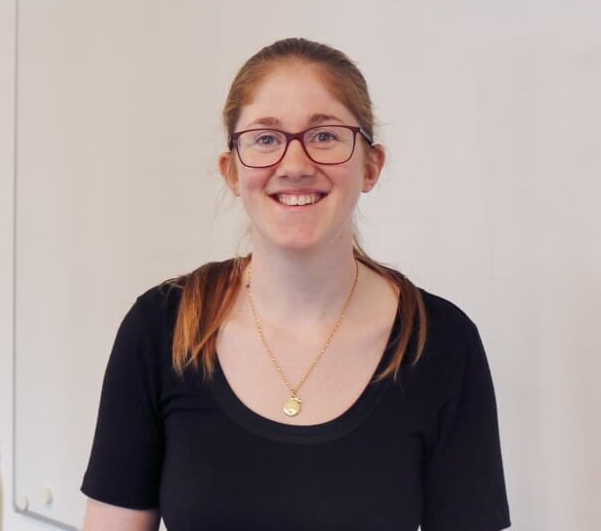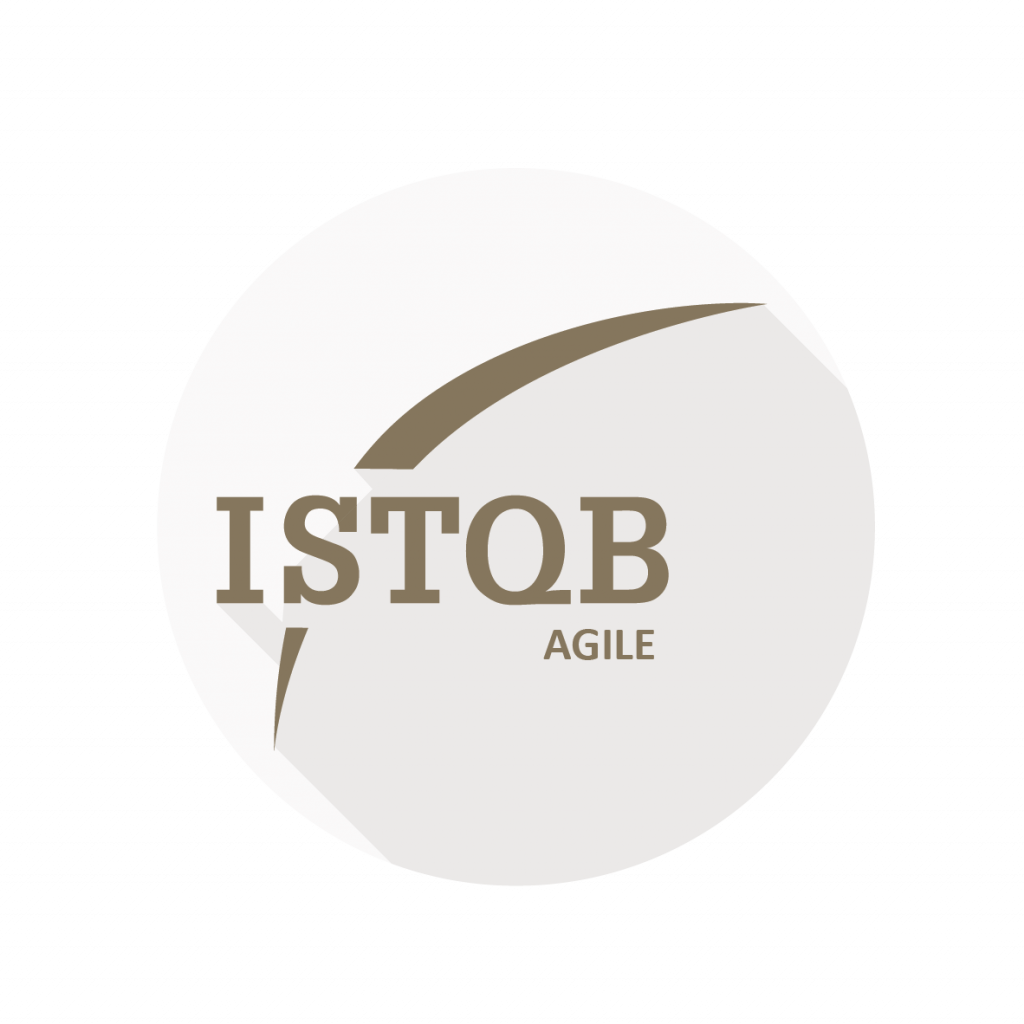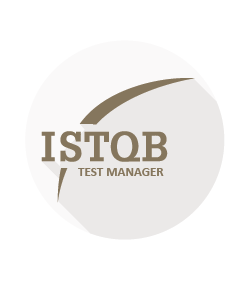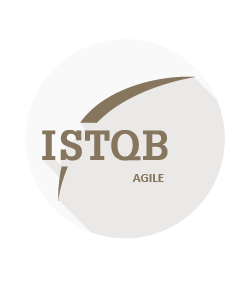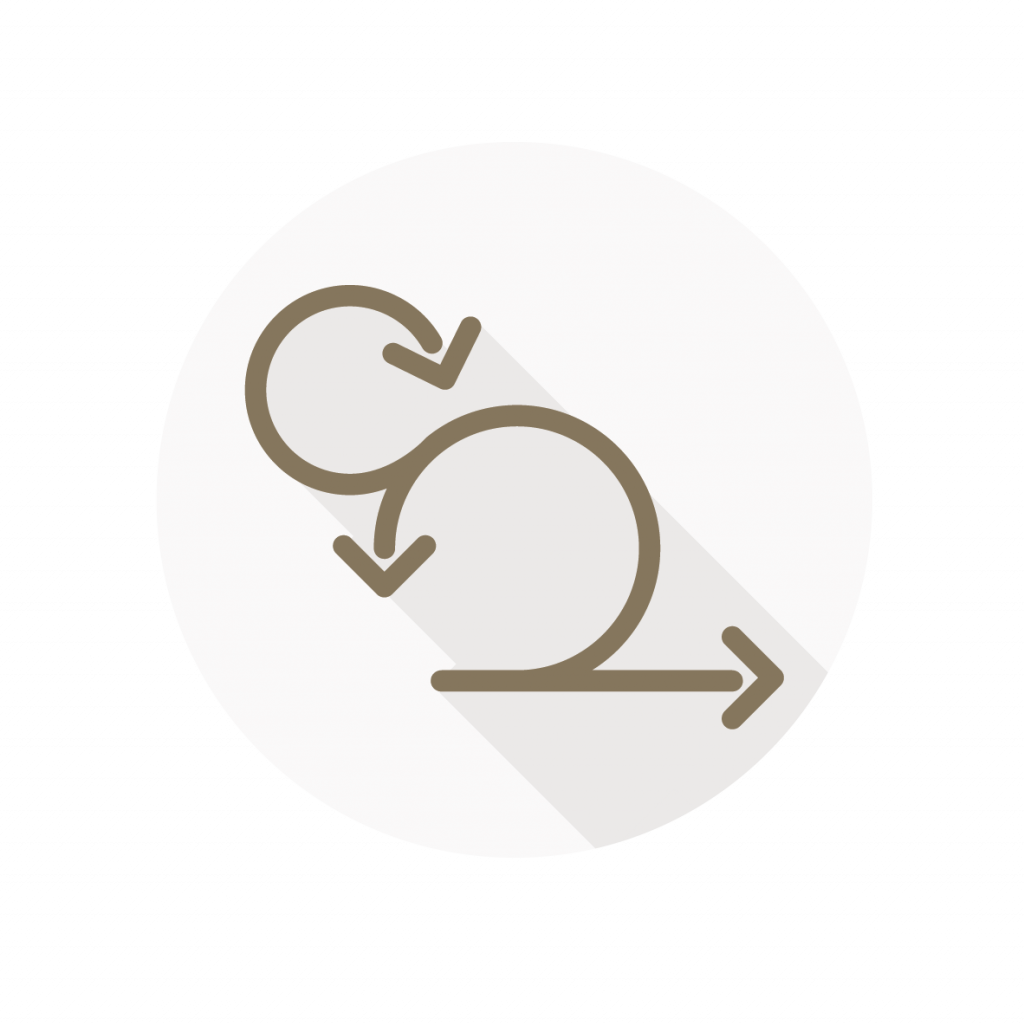iSQI Practitioner in Agile Quality (PAQ)
The Practitioner in Agile Quality (PAQ) is an accelerated learning Agile certification that has a very practical focus. It is designed to support people with current Agile knowledge to take their skills to a practitioner level in an intensive learning environment.
Learning objectives
- Agile Mindset – Put into practice all the soft skills appropriate to the Agile Quality Mindset.
- Faster Delivery – Optimize delivery through implementing automation practices where feasible.
- Build Quality In, Quality Engineering Principles – Implement the team activities to ensure the product quality objectives for each persona are met from inception (shift left) throughout the product lifecycle. Build the right product, right first time, maximizing business value using repeatable, auditable and adaptable approaches.
- Scalability – Identify additional risks and changes required to effectively scale processes based on team size and/or distribution.
Target audience
This course is designed for anyone who wants to improve their Agile skills and who is committed to ensuring accelerated quality delivery of working software. This includes developers, BA’s, Project Managers, Team Leaders, Testers, Scrum Masters and all other members of an Agile delivery team.
Prerequisites
This is a practitioner’s course. Candidates are expected to have met one of the agile knowledge pre-requisites which can be demonstrated by holding certifications such as iSQI® Certified Agile Essentials (CAE), iSQI® Certified Scrum Master Pro OR have 2 years professional experience working in Agile. ISTQB® Foundation Level Agile Tester could be useful.
Due to the practical experiential learning approach to this course, there is assumed knowledge which, if not met, will make it difficult for candidates to complete the course and assessments within the time boxed course. Candidates are expected to be able to already apply basic practices and techniques, such as:
• Agile Manifesto principles and Scrum events
• Basic test terminology
• Knowledge of the basic SDLC (Software or System Development Life Cycle)
Course and Exam format
Course format
The course is designed for the whole team, as everyone has an equal responsibility for product quality. It covers the key competencies required to function effectively and efficiently whilst delivering quality. The PAQ course features hands on application, and experiential and collaborative learning through discussion and exercises (including access to the PAQ “Ticketz” platform).
Exam format
PAQ candidates are assessed under controlled exam conditions in order to be certified. The assessment may be taken either directly at the end of the PAQ
training course, or separately scheduled. The exam has a duration of 120 minutes in total (25% extra time is available for non-native speakers of the exam language).
The assessment is comprised of two parts (taken together within the 120 minutes):
The “Theoretical Assessment” (40%)
This assesses the candidate’s understanding of the content of PAQ and includes both multiple choice style questions and a scenario based questions that require short written answers.
The “Practical Assessment” (60%)
The ‘hands-on’ practical assessment includes User Stories, Associated Design Documentation plus a ‘multi-drop’ application seeded with defects. Candidates are awarded the PAQ certificate if they score 60% total marks. Any candidate failing will have an opportunity to schedule a re-sit (a fee will apply). Candidates will be given instructions as to what is expected of them during the practical assessment and the opportunity to create the work products required. Note: any in course soft skills assessment or feedback does not count towards the PAQ certification (no marks are given that count in the final assessment).
In-house training
If you are more than 5 people from same organisation, it can be beneficial to consider the course as in-house training. We conduct the course exclusively for your employees, either as standard as described or tailored to your needs.
In-house training offers several benefits. It can lead to financial savings when training more than five people. This approach fosters intensive exchange of experiences and encourages knowledge sharing among employees. Additionally, it helps in building a common understanding of the subject matter among the workforce. Furthermore, in-house training provides the opportunity for unique customization based on a company’s specific methods and processes.




